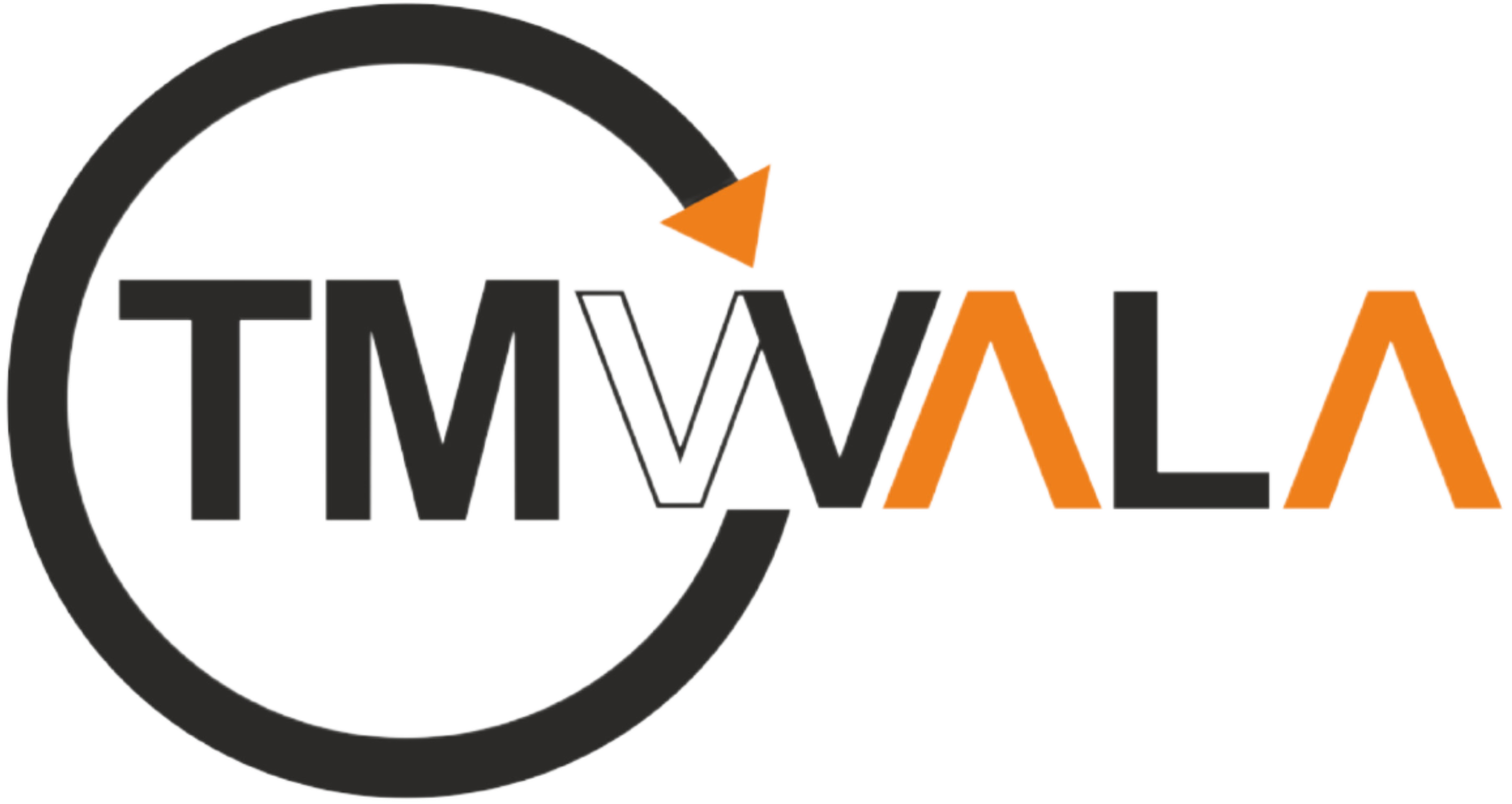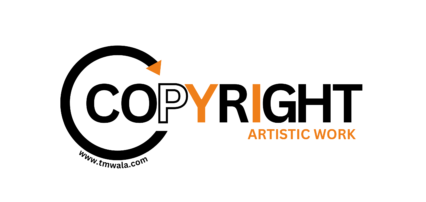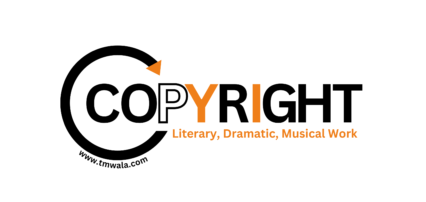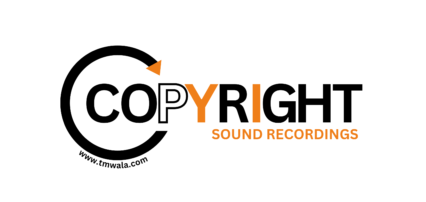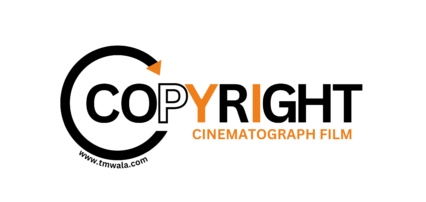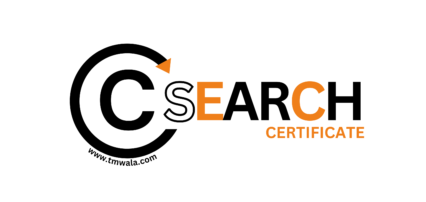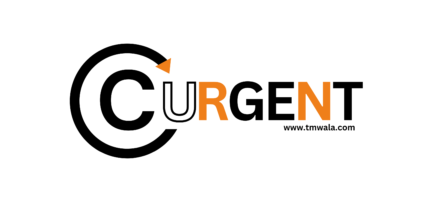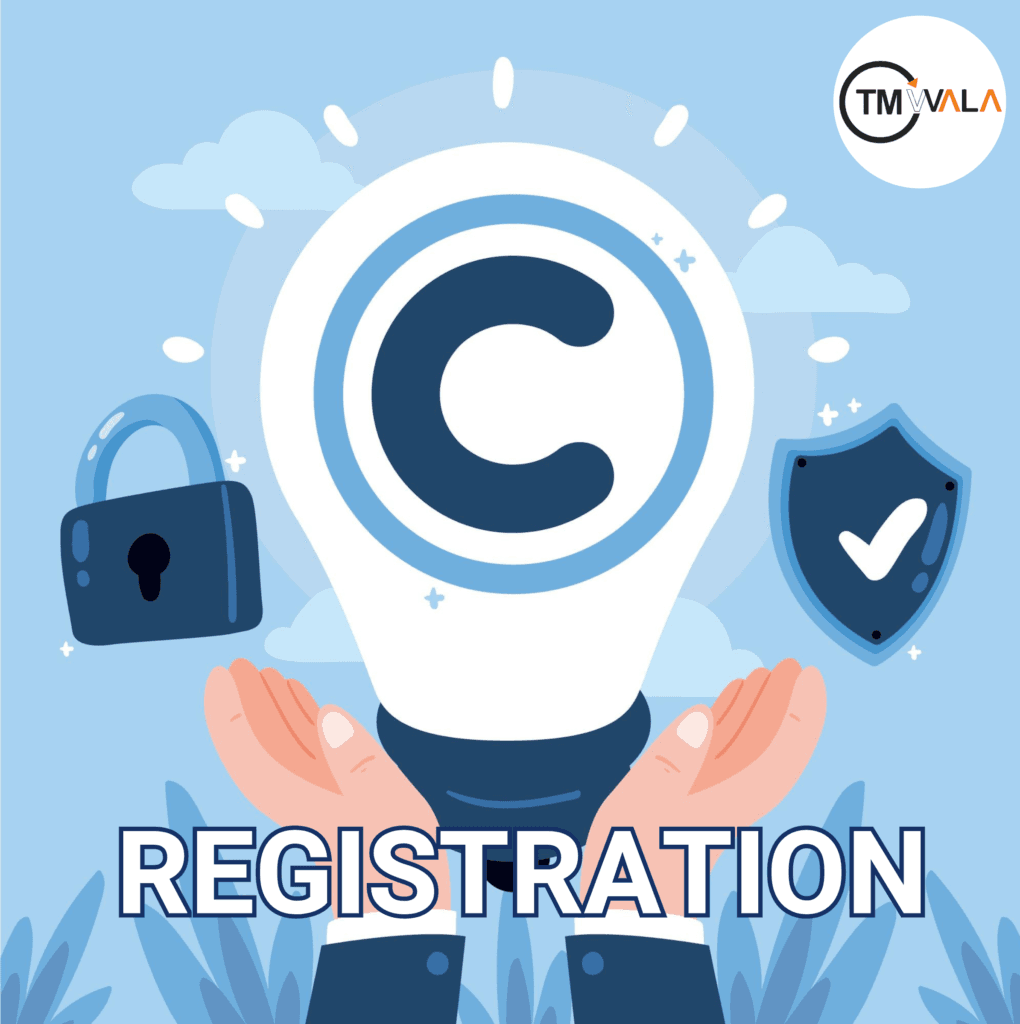Introduction
Copyright is a form of intellectual property protection granted under the laws of India to the creators of original works. These works can range from literary and artistic to musical, dramatic, and even software. We aim to provide a detailed understanding of copyright, its types, features, benefits, and the process of Copyright registration in India.
What is Copyright?
Copyright is the exclusive legal right given to the creator of an original work to reproduce, distribute, perform, display, or license the work. The main objective of copyright is to encourage the creation of art and culture by rewarding creators with certain exclusive rights.
Copyright protects the expression of ideas, not the ideas themselves. This means that the specific way an idea is expressed in a tangible medium (such as writing, audio, or video) is protected, but the underlying idea is not. Copyright protection is automatically granted the moment an original work is created and fixed in a tangible medium of expression. However, registering the copyright provides a public record of the copyright claim and may be required for legal proceedings in case of infringement. Copyright is denoted by the symbol ©. For legal certainty and enforcement, copyright registration is highly recommended.
Types of Copyright
In India, copyright protection extends to a wide range of works. These can be broadly classified into the following categories:
- Literary Works: This includes books, articles, poems, and other written content. For example, a novel by an author or a research paper by a scholar.
- Dramatic Works: This covers plays, scripts, and choreographic works. For example, a stage play or a movie script.
- Musical Works: This includes compositions, both with and without lyrics. For example, a song or a symphony.
- Artistic Works: This includes paintings, drawings, sculptures, and photographs. For example, a painting by an artist or a photograph by a photographer.
- Cinematograph Films: This includes films and videos. For example, a feature film or a documentary.
- Sound Recordings: This includes recordings of music, voice, or other sounds. For example, a recorded song or an audiobook.
- Software and Computer Programs: This includes the code and associated documentation. For example, an application developed by a software engineer.
Each of these categories may be eligible for copyright registration if it meets the originality and fixation requirements.
Features of Copyright
- Automatic Protection: Copyright protection is automatic upon creation and fixation of the work in a tangible medium. Copyright registration is not mandatory, but it is beneficial.
- Exclusive Rights: Copyright owners have the exclusive rights to reproduce, distribute, perform, display, and create derivative works.
- Duration: The duration of copyright protection varies by the type of work. For most works, it lasts for the lifetime of the author plus 60 years after their death.
- Transferability: Copyright can be transferred, sold, or licensed to others.
- Legal Protection: Registered copyright provides legal protection against unauthorized use and infringement. Copyright registration supports enforcement in such cases.
Benefits of Copyright Registration
- Public Record: Copyright registration provides a public record of the copyright claim, establishing ownership and the date of creation.
- Legal Evidence: A copyright registration certificate serves as prima facie evidence in a court of law in case of infringement disputes.
- Infringement Claims: Copyright registration is necessary to file an infringement lawsuit in court and to claim statutory damages and attorney’s fees.
- Commercial Value: Registered copyright can enhance the commercial value of the work by enabling licensing and transfer of rights.
- Deterrence: Copyright registration acts as a deterrent against potential infringers by establishing the owner’s legal rights.
Documents Required for Copyright Registration
To register a copyright in India, the following documents are generally required:
- Application Form: A completed application form (Form IV) as prescribed by the Copyright Rules.
- Statement of Particulars: A statement of particulars about the work, including the title, nature of the work, and the date of creation.
- Statement of Further Particulars: Additional details about the work and the applicant, such as the author’s name, address, and nationality.
- Copies of the Work: Two copies of the work for which copyright registration is being sought.
- Power of Attorney: If the application is being filed by an authorized agent, a power of attorney is required.
- Fees: The prescribed copyright registration fee, which varies depending on the type of work.
Process of Copyright Registration
The process of copyright registration in India involves the following steps:
- Filing the Application: The applicant must file an application (Form IV) along with the required documents and fee with the Copyright Office.
- Examination of the Application: The Copyright Office examines the application for completeness and correctness.
- Objection Notification: If there are any objections or discrepancies, the applicant is notified and allowed to rectify them.
- Hearing: If objections are not resolved, a hearing may be scheduled to consider the applicant’s case.
- Registration: Once the application is found to be in order, the Copyright Office registers the work and issues a copyright registration certificate.
FAQs
1. What can be copyrighted?
Original literary, dramatic, musical, artistic works, cinematograph films, sound recordings, and software can be copyrighted.
2. Is copyright registration mandatory?
No, copyright registration is not mandatory, but it is beneficial for legal protection and establishing ownership.
3. How long does copyright protection last?
For most works, copyright protection lasts for the lifetime of the author plus 60 years after their death.
4. Can I transfer my copyright?
Yes, copyright can be transferred, sold, or licensed to others.
5. What is the cost of copyright registration?
The cost varies depending on the type of work. The fees are prescribed by the Copyright Office.
6. How long does the registration process take?
The process can take several months, depending on the completeness of the application and the presence of any objections.
7. What happens if my work is infringed?
If your work is infringed, you can file a lawsuit for infringement and claim damages.
8. Can I register a work that is already published?
Yes, published works can also be registered for copyright.
9. Is international copyright protection available?
While copyright protection is territorial, international treaties like the Berne Convention provide some level of protection in member countries.
10. What is the difference between copyright and trademark?
Copyright protects original works of authorship, while trademarks protect brand names, logos, and symbols used in commerce.
11. Can I copyright my idea?
No, copyright protects the expression of ideas, not the ideas themselves. Your idea must be expressed in a tangible form to be eligible for copyright protection.
12. Can multiple authors register a single work?
Yes, if a work is created jointly by multiple authors, they can register the copyright jointly, and all authors will have rights to the work.
13. What is the difference between ‘author’ and ‘owner’ in copyright terms?
The ‘author’ is the person who creates the work, while the ‘owner’ is the person who holds the rights to the work. In many cases, the author and owner are the same, but the owner can also be an employer or an assignee.
14. Can I copyright a work that I found online?
No, you cannot copyright a work that you did not create yourself. Only the original creator or their legal assignee can claim copyright over a work.
15. What is a ‘derivative work’?
A derivative work is a new, original product that includes aspects of a pre-existing work. Examples include translations, adaptations, and new arrangements of existing music or literature.
16. Do I need to renew my copyright registration?
No, once a copyright is registered, it does not require renewal. The protection lasts for the lifetime of the author plus 60 years post their death for most works.
17. What should I do if someone infringes on my copyright?
If you believe your copyright has been infringed, you should document the infringement and seek legal advice. You can file a lawsuit to stop the infringement and claim damages.
18. Is there a specific format for submitting my work for registration?
Yes, the Copyright Office requires two copies of the work to be submitted in a specific format. For literary works, this is usually in printed form; for digital works, you may need to provide a CD or other storage medium.
19. Can I register a copyright for a work that is not yet completed?
No, you can only register completed works. The work must be in a fixed and tangible form at the time of registration.
20. Does copyright protect my work internationally?
Copyright is territorial, meaning it applies within the country where it is registered. However, international treaties like the Berne Convention and the TRIPS Agreement provide some protection in member countries.
21. Can government works be copyrighted?
No, works created by government employees as part of their official duties are not eligible for copyright protection in India.
22. Can I copyright a logo?
No, logos and brand names are typically protected under trademark law, not copyright law. However, the artistic elements of a logo may be eligible for copyright protection.
23. Is there a public database to check existing copyrights?
Yes, the Indian Copyright Office maintains a database of registered copyrights that can be searched by the public to check for existing copyrights.
24. Can I copyright my website?
Yes, the content of your website, such as text, images, and multimedia, can be copyrighted. However, the underlying software and design elements may require additional protection under different laws.
25. What is ‘moral rights’ in copyright?
Moral rights are the rights of the author to protect their personal connection to the work, including the right to attribution and the right to prevent derogatory treatment of their work.
26. Can educational institutions register copyrights?
Yes, educational institutions can register copyrights for original works created by them, such as textbooks, research papers, and other educational materials.
27. What is the role of the Copyright Board in India?
The Copyright Board is a quasi-judicial body that resolves disputes related to copyright, including issues of ownership, infringement, and licensing.
28. Are there any exceptions to copyright protection?
Yes, there are exceptions known as ‘fair use’ or ‘fair dealing,’ which allow limited use of copyrighted works without permission for purposes like criticism, comment, news reporting, teaching, scholarship, and research.
29. How does copyright apply to works created under employment?
Works created by an employee as part of their job are typically owned by the employer, unless there is an agreement stating otherwise.
30. Can I copyright my social media posts?
Yes, social media posts are original works and can be protected by copyright. However, enforcing copyright on social media can be challenging.
31. Can I copyright a business process or method?
No, business processes or methods are not eligible for copyright protection. They may be protected under patent law if they meet the necessary criteria.
32. What is the penalty for copyright infringement in India?
Penalties for copyright infringement can include fines and imprisonment, as well as civil liabilities such as damages and injunctions to stop the infringement.
33. Can copyright be inherited?
Yes, copyright can be inherited and passed on to the heirs of the copyright owner after their death.
34. Is there a difference between copyright and copyleft?
Yes, copyleft is a licensing scheme used in open-source software that allows others to freely use, modify, and distribute the software, provided that the same rights are preserved in derivative works. Copyright, on the other hand, restricts such use without permission.
35. How can I monetize my copyrighted work?
You can monetize your copyrighted work by licensing it to others, selling the rights, or using it in various commercial ventures like publishing, broadcasting, and merchandising.
Conclusion
Copyright registration in India provides creators with essential legal protections and benefits, ensuring that their original works are safeguarded against unauthorized use and infringement. By understanding the types of copyright, the copyright registration process, and the associated benefits, creators can better protect and commercialize their intellectual property. While registration is not mandatory, Copyright registration is highly recommended for the additional legal and commercial advantages it offers.
